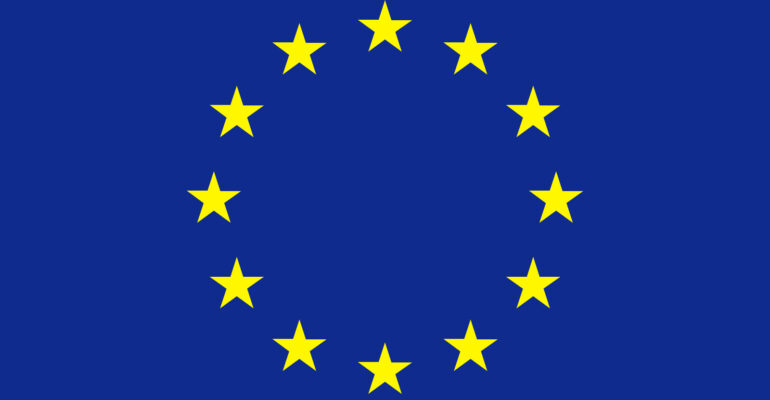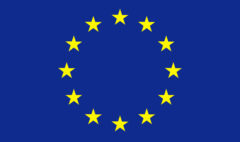EU Members Reached a Monumental Agreement Versus Russia
June 1, 2022 2022-06-01 20:36EU Members Reached a Monumental Agreement Versus Russia
EU Members Reached a Monumental Agreement Versus Russia
Europe — Since the beginning of the Russian invasion of Ukraine in late February of this year, multiple European countries such as the United Kingdom (UK) have called out Russia to back down on its “Special Military Operation” to capture its neighboring country, Ukraine. It is followed by a European Union (EU) statement denouncing Russia’s actions as “illegal” and a blatant disregard for international laws. However, despite this common “sentiment” in the EU, some of its prominent members, especially those that depend highly on Russian oil, such as Germany, which has an almost vested economic relationship with Russia, maintain a non-confrontational stance toward Kremlin. However, the pressure put by other western countries, including the United States, on these once “stubborn” nations resulted in breakthroughs of unimaginable levels. To take Germany as an example, a nation with a decades-long pacifist principle shifted to a historic boosting of its defense capabilities. Now, the European Union has never been more united and decisive in its actions, giving the organization a strong reason for its continued existence.
A Monumental Achievement in Foreign Relations
On Monday, 30th of May, the President of the European Commission, Ursula von der Leyen, announced that the EU leaders had reached an agreement on a massive Russian oil ban. A tremendous measure reports have revealed that EU officials negotiated for months to end its dependence on Russian Oil decisively.
“This will effectively cut around 90% of oil imports from Russia to the EU by the end of the year,” the EU’s Commission President said.
This is by far the most significant sanction the European Union has imposed on the Kremlin since the start of its invasion. Yahoo! Finance highlighted in its report on the topic that the recent EU action is an “effort to weaken the country’s financial position and end the invasion of Ukraine headed by President Vladimir Putin.” Prior to this, the EU has already imposed multiple sanctions on other areas of the Kremlin’s economy, including its ban on Russia’s importation of steel and iron in an effort to reduce the capacity of the Kremlin to produce additional war machines.
A Great Hit on Russia’s Economy
Since the beginning of its invasion, Kremlin has always banked that European powers will not interfere in its “Special Military Operation” by blackmailing them by cutting off its oil supply to these countries. Unfortunately for Kremlin, while this was effective at first, it failed to see the resolve of these countries when both their national security interest and the stability of the European continent were at stake.
The President of the European Council, Charles Michel, said in a statement, “This immediately covers more than 2/3 of oil imports from Russia, cutting a huge source of financing for its war machine” he added that the action by the EU is done to put “Maximum pressure on Russia to end the war.”
According to the International Energy Agency (IEA), “Oil has long been a key part of Russia’s economy. Russia is one of the world’s top crude oil producers, and it relies heavily on oil and natural gas revenues, which last year made up 45% of its federal budget.” While a separate research paper by HSBC, a British multinational universal bank, mentioned that before the war, “Russia made up about half of Europe’s 1.2 million barrels per day of annual diesel imports or 10% of its total diesel consumption.”
The crude oil importation by EU members from Russia has already gone down to as low as 700,000 barrels per day. Therefore, once the recent ban takes effect, we can expect a further significant drop.







